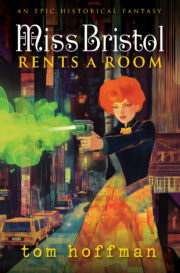Building Worlds with SFWA
by Jeffe Kennedy
It’s apropos that “Lonen’s War,” book one in my Fantasy Romance series, “Sorcerous Moons,” is featured in the first SFWA Fantasy StoryBundle. That’s because the fantastically smart and helpful folks in SFWA helped me out with a worldbuilding challenge.


